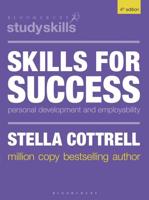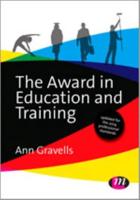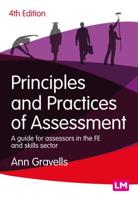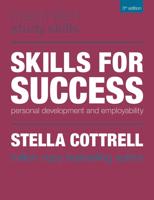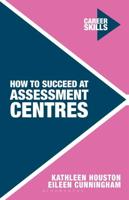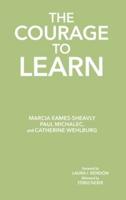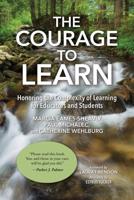Publisher's Synopsis
As I worked through my Master of Adult Education degree program, I witnessed each of my teaching classrooms evolve into learning communities. My rationale for focusing on a collaborative, experiential, self-directed learning model is threefold. First, education experts highlight that these types of learning lead to higher levels of thought than does individual, teacher-centred learning. For example, Johnson, Johnson, and Smith (1991) and Gokhale (1995) identifies that collaborative learning fosters the development of critical thinking, problem solving, and creativity skills. Rogers (1969) acknowledges that learning will occur when students participate in the learning process, when they have control over its nature and direction, and self-evaluation is the principal method of assessing progress or success; and, Knowles (1975) recommends that every act of teaching should have built into it some provision for helping the learner become more self-directing. Second, as a business manager for 20+ years, I have learned that if employees want to be successful, they must learn to set goals, take initiative, and work as partners in their employment ventures.

